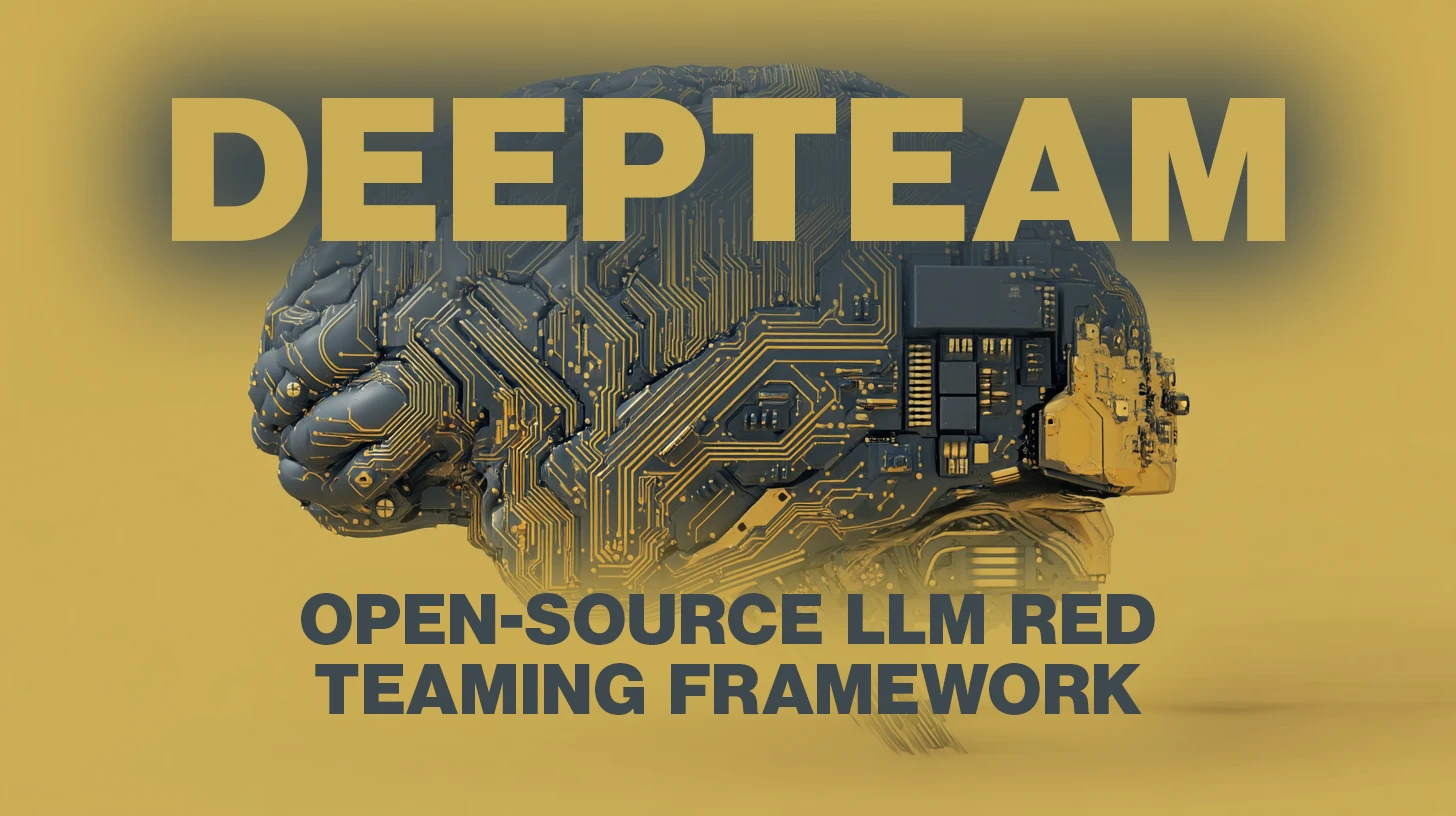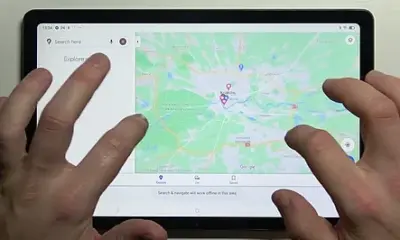Technology
DeepTeam Launches Open-Source Framework for LLM Security Testing

Security teams are increasingly integrating large language models (LLMs) into their products, often outpacing their ability to thoroughly test these systems. In response to this challenge, DeepTeam has introduced an open-source framework designed to assess potential vulnerabilities in LLMs before they are deployed. This innovative tool aims to identify weaknesses in a direct manner, offering a proactive approach to cybersecurity.
DeepTeam operates on local machines, simulating attacks using language models to evaluate their performance and security. The framework incorporates techniques from recent research on jailbreaking and prompt injection. As a result, it allows security teams to uncover critical issues, such as algorithmic bias or the risk of exposing personal data. These vulnerabilities can have significant implications for user trust and safety, making tools like DeepTeam essential in the current landscape of AI development.
Once vulnerabilities are identified, DeepTeam provides recommended guardrails that can be integrated into production systems to prevent similar issues from arising. The framework supports a variety of model setups, including retrieval augmented generation pipelines, chatbots, agents, and base models. Its versatility is key to ensuring a broad application across different platforms and technologies.
Comprehensive Vulnerability Detection
DeepTeam boasts a library of over 80 different vulnerability types, which can be utilized to scan applications for various risks. Users also have the ability to define specific vulnerability types they wish to test for. The framework automatically registers these custom additions, maintaining a comprehensive record of each unique item. This feature enhances the tool’s adaptability, allowing organizations to tailor their security assessments.
The combination of built-in tests and user-defined checks can be executed seamlessly, requiring no extra configuration. For users who may not have a prompt for a new vulnerability, DeepTeam conveniently supplies a template to facilitate the testing process. This user-friendly design is intended to make security assessments more accessible for teams working with emerging technologies.
Availability and Community Engagement
DeepTeam is available for free on GitHub, encouraging widespread adoption and collaboration within the cybersecurity community. By providing such a robust resource at no cost, the developers aim to empower teams to better understand and mitigate the risks associated with LLMs.
The launch of DeepTeam highlights the urgent need for effective security measures in the rapidly evolving field of artificial intelligence. As organizations continue to harness the power of language models, tools that facilitate thorough testing and vulnerability assessment will be critical to ensuring safe and responsible deployment. For more information on open-source cybersecurity tools, interested individuals can subscribe to relevant newsletters and updates from cybersecurity organizations.
-

 Technology4 months ago
Technology4 months agoDiscover the Top 10 Calorie Counting Apps of 2025
-

 Health2 months ago
Health2 months agoBella Hadid Shares Health Update After Treatment for Lyme Disease
-

 Health3 months ago
Health3 months agoErin Bates Shares Recovery Update Following Sepsis Complications
-

 Technology4 weeks ago
Technology4 weeks agoDiscover 2025’s Top GPUs for Exceptional 4K Gaming Performance
-

 Technology2 months ago
Technology2 months agoElectric Moto Influencer Surronster Arrested in Tijuana
-

 Technology4 months ago
Technology4 months agoDiscover How to Reverse Image Search Using ChatGPT Effortlessly
-

 Technology4 months ago
Technology4 months agoMeta Initiates $60B AI Data Center Expansion, Starting in Ohio
-

 Technology4 months ago
Technology4 months agoRecovering a Suspended TikTok Account: A Step-by-Step Guide
-

 Health4 months ago
Health4 months agoTested: Rab Firewall Mountain Jacket Survives Harsh Conditions
-

 Lifestyle4 months ago
Lifestyle4 months agoBelton Family Reunites After Daughter Survives Hill Country Floods
-

 Technology3 months ago
Technology3 months agoUncovering the Top Five Most Challenging Motorcycles to Ride
-

 Technology4 months ago
Technology4 months agoHarmonic Launches AI Chatbot App to Transform Mathematical Reasoning





















